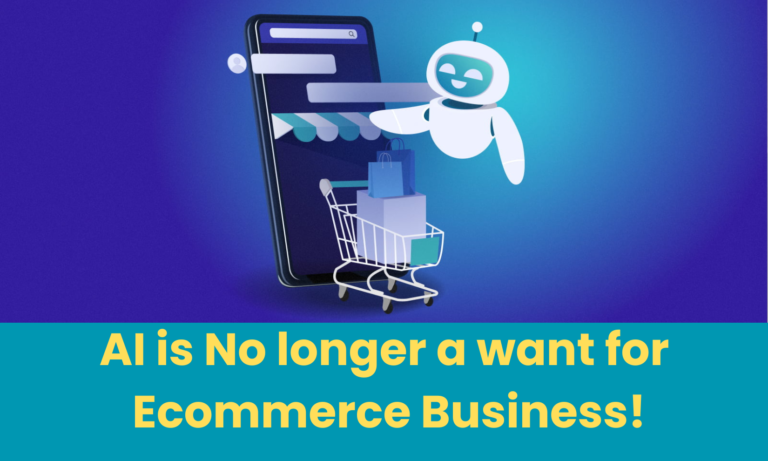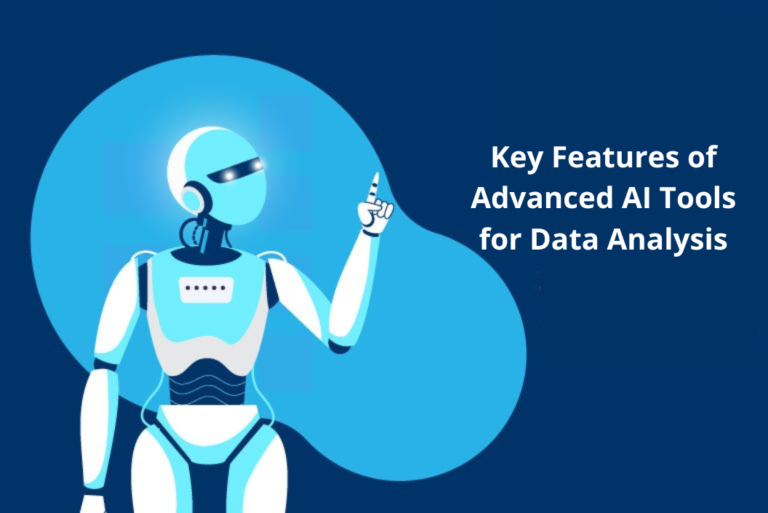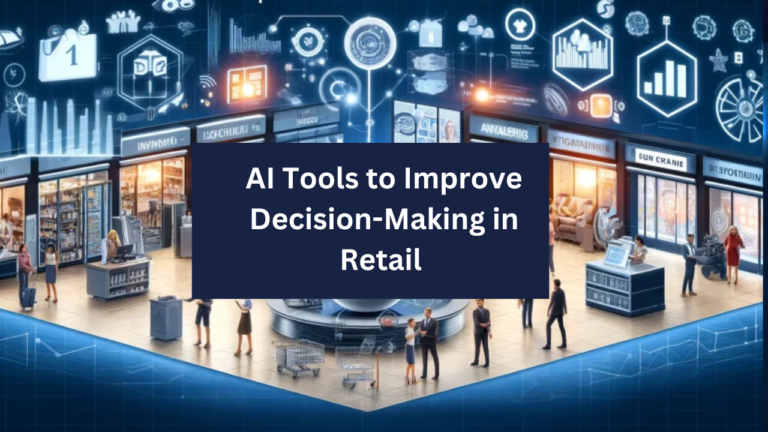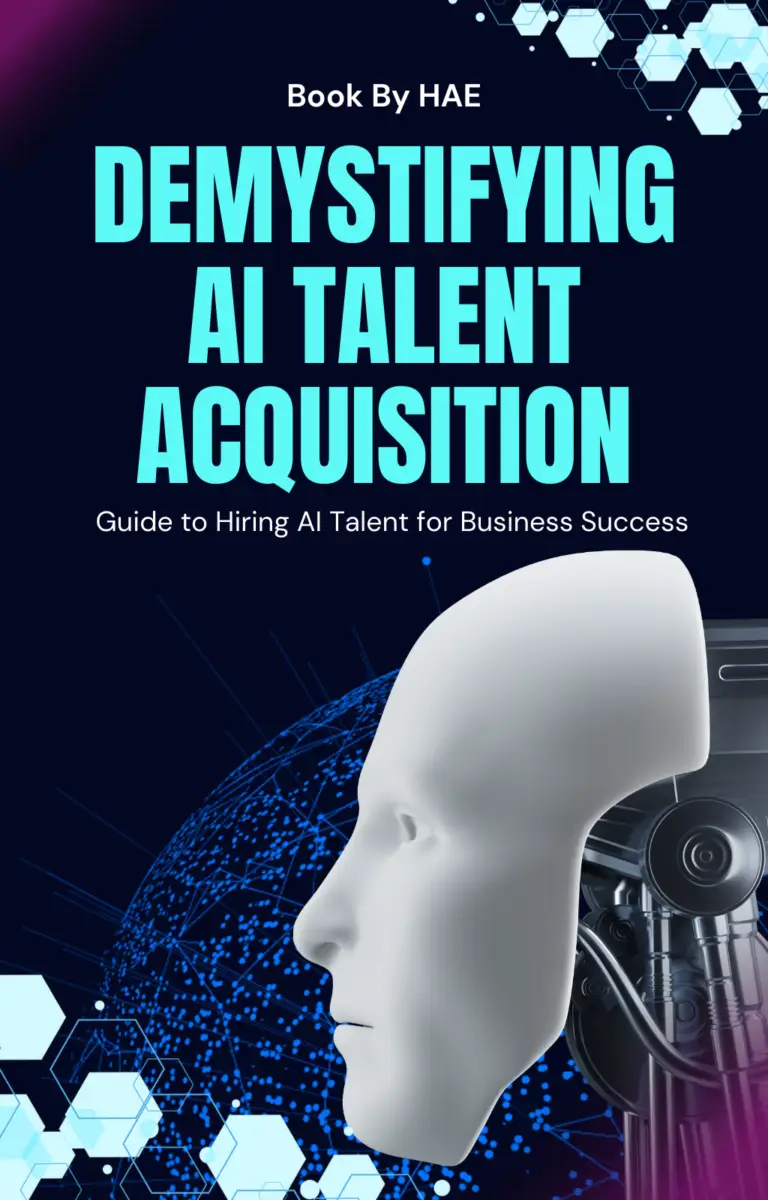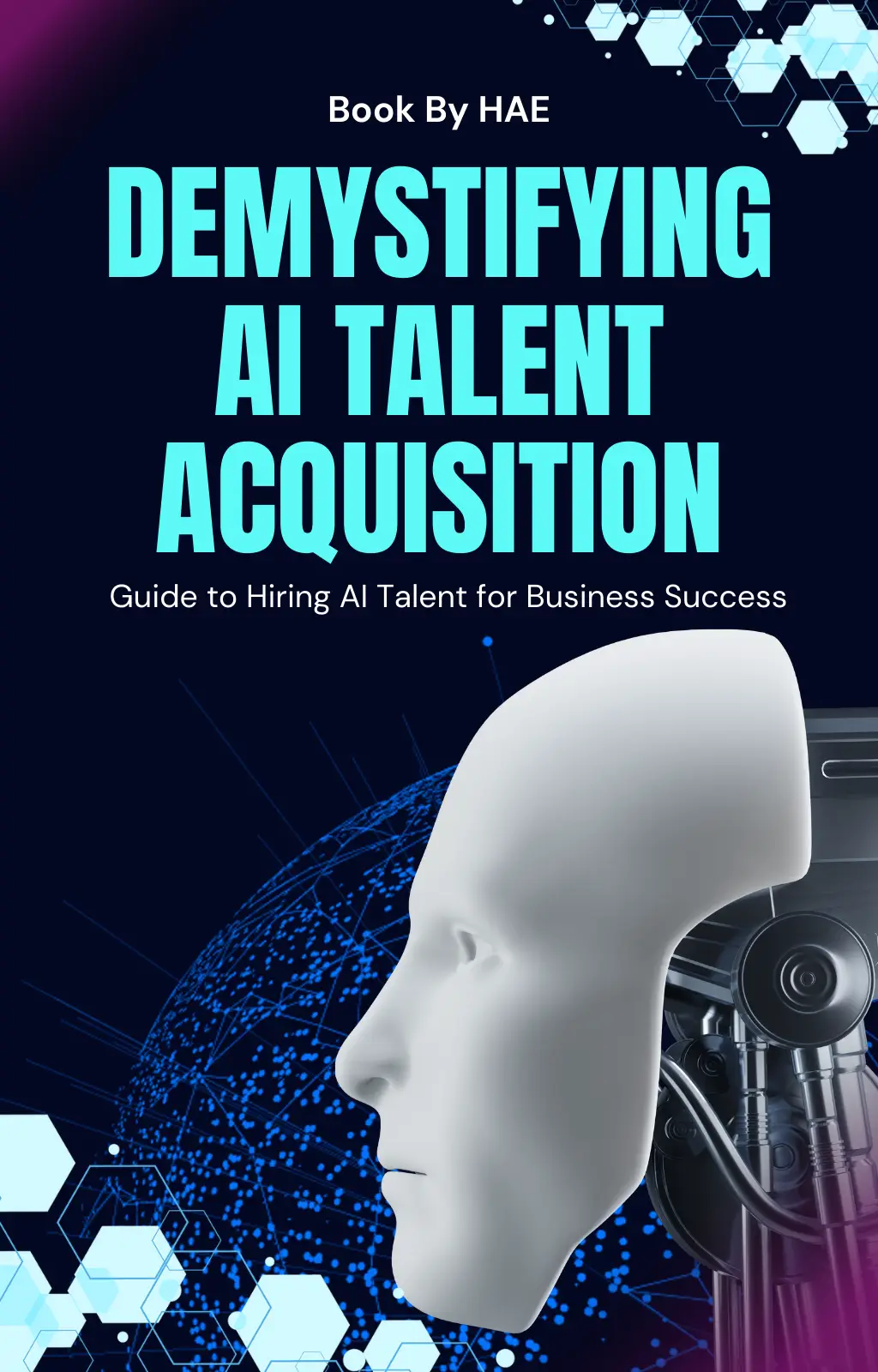
Guide to Hiring AI Talent for Business Success-2024 & 2025
As businesses across industries increasingly rely on AI-driven insights for strategic growth, hiring AI talent has become critical. This guide provides everything you need to know to attract and retain the best AI experts. From defining essential skills like predictive analytics, machine learning, and natural language processing to understanding the latest AI job market trends, this guide covers all facets of building a top-tier AI team. Whether you’re a startup or an established enterprise, leveraging AI expertise can unlock new levels of efficiency, innovation, and competitive advantage. Read on for a roadmap to hiring AI professionals who can transform your data into actionable insights and drive your company forward.
1. Hiring AI Experts: Best Practices for Businesses
Hiring AI experts has become essential for businesses aiming to leverage data-driven insights and automation. Following best practices ensures that companies attract and retain the right talent.
- Define Specific Job Roles: It’s essential to clarify if your business needs a data scientist, machine learning engineer, or NLP specialist to meet specific goals. Each role demands unique skills and expertise in areas like predictive modeling, natural language processing, or neural networks. For role specifics, check the resources on LinkedIn’s AI Job Listings.
- Invest in Employer Branding: A strong employer brand showcasing your commitment to digital transformation and innovation is attractive to AI professionals. Highlighting ongoing AI projects and tech stacks on platforms like Glassdoor can help improve visibility and appeal to top candidates.
- Establish a Culture of Experimentation: Building a workplace environment where AI experts feel encouraged to innovate and experiment drives productivity and AI advancements. Platforms like GitHub can be used to showcase company projects and attract like-minded talent.
2. What Skills to Look for When Hiring AI Developers
When hiring AI developers, knowing the necessary skills is critical for finding the right fit. This includes programming expertise, mathematical foundations, and experience with AI frameworks.
- Proficiency in Programming: Essential programming languages include Python, R, and Java. Explore free courses on Python programming from Harvard’s CS50 Introduction to Python for a better understanding.
- Mathematics and Statistics: Strong foundations in linear algebra, probability, and statistical analysis support model building and data processing tasks. For insights, see resources like MIT OpenCourseWare’s Linear Algebra Course.
- Experience with AI Frameworks: Knowledge of tools like TensorFlow, Keras, and PyTorch allows for efficient model training and deployment. These frameworks support rapid experimentation and scalable AI solutions. Check the official TensorFlow Documentation to get started.
- Problem-Solving Abilities: AI developers must excel at analytical thinking, using creativity and logic to tackle complex data challenges and create innovative solutions.
3. Top AI Job Titles to Include in Your Recruitment Strategy
Crafting an effective AI recruitment strategy includes identifying and promoting relevant job titles. The following roles attract candidates with diverse skill sets necessary for driving AI-driven growth.
- Data Scientist: These professionals interpret complex data to uncover patterns and trends, using insights to guide business strategies. Visit IBM Data Science for more on this role.
- Machine Learning Engineer: Tasked with building and maintaining machine learning models, these engineers need robust skills in both programming and data science. See Google’s ML Engineering Pathway at TensorFlow for an overview.
- AI Research Scientist: Responsible for advancing AI through research and experimentation, these scientists focus on developing new algorithms and enhancing AI capabilities. For AI research resources, explore Google AI Research at Google Research.
- NLP Specialist: Experts in natural language processing (NLP) work to improve machine understanding of human language, contributing to advancements in chatbots, voice recognition, and more. Learn more about NLP with Stanford NLP at Stanford NLP Group.
4. How to Create AI Career Paths in Your Company
Offering structured career paths for AI professionals is essential for attracting top talent and promoting internal growth.
- Develop Progression Tiers: Create a clear path with positions such as Junior Data Scientist, Senior AI Engineer, and Lead AI Specialist. Each level should come with increased responsibilities and skills. Check examples of career progression on Indeed Career Guide.
- Training and Certification Opportunities: Encourage employees to expand their skills with AI certification programs like Microsoft Certified: Azure AI Engineer Associate. Supporting continuous learning helps retain valuable team members.
- Mentorship Programs: Establish mentorship programs to support junior professionals and create opportunities for senior team members to share knowledge. Explore tools like MentorcliQ for setting up company-wide mentorship initiatives.
5. Understanding the AI Job Market in 2024-2025
The AI job market in 2024-2025 is shaped by technological advancements and an increased demand for AI specialists across industries. Staying updated on trends is key for recruiters.
- Emerging Specialized Roles: Roles such as AI Ethics Specialist and Machine Learning Operations (MLOps) Engineer are becoming more common, reflecting the complexity and importance of ethical AI and model management. Check LinkedIn’s Emerging Jobs Report here for more.
- Competitive Salaries: AI professionals command high salaries, with data scientists and AI engineers receiving competitive compensation packages that reflect their skill sets. For average salaries, refer to the Bureau of Labor Statistics at BLS.gov.
- Remote Work: Flexibility in work arrangements remains a significant trend, with many AI professionals preferring remote work options. This shift allows businesses to tap into a global talent pool without geographical constraints. For remote work trends, see Remote.co.
6. Recruiting for AI Roles: Essential Tips for Employers
Recruiting for AI roles involves unique challenges, as AI professionals possess diverse and highly specialized skills. Here are some strategies for a successful recruitment process:
- Use Niche Job Boards: Consider AI-focused platforms such as KDnuggets and AI Jobs Board to reach professionals actively seeking AI positions. Explore KDnuggets for listings and resources.
- Screen for Problem-Solving Skills: AI work requires creative problem-solving abilities. Interview questions should assess candidates’ ability to solve complex data problems and algorithmic challenges. See HackerRank’s interview guide for structured AI assessments.
- Offer Career Growth Opportunities: Highlight opportunities for growth, including potential paths to leadership roles and exposure to cutting-edge AI projects. This is a key factor in attracting high-caliber candidates interested in long-term career development.
7. How to Build a Strong AI Team for Your Business
Building a successful AI team requires a mix of diverse roles and specialized skills. Key steps for creating a strong team include:
- Identify Core Roles: A well-rounded AI team includes data scientists, machine learning engineers, data engineers, and AI product managers. Check Built In for more on structuring tech teams.
- Encourage Cross-Functional Collaboration: AI projects often benefit from collaboration between teams, such as marketing and product development, to ensure solutions align with business goals.
- Invest in Continuous Learning: Supporting ongoing learning and development allows team members to keep up with AI advancements. Encourage certification programs or courses like AI for Everyone on Coursera.
8. The Best Ways to Source AI Talent for Startups
For startups, finding skilled AI professionals on a budget is challenging but achievable through strategic sourcing methods.
- Partner with Universities: Establish relationships with academic institutions to recruit recent graduates or interns with strong AI skills. Consider collaborating with university career centers or offering internships to build a talent pipeline.
- Leverage Freelance Platforms: Websites such as Upwork and Toptal connect startups with skilled freelancers, providing flexibility and access to experienced AI professionals. For more, visit Upwork and Toptal.
- Offer Remote Work Options: Offering remote positions can attract a diverse talent pool, as it appeals to candidates who prioritize work-life balance and location flexibility.
- Leverage Offshore and Local Recruitment
Leveraging both offshore and local recruitment strategies enables companies to build a well-rounded team, combining the strengths of local insights with cost-effective global expertise. At HAE, we specialise in connecting you with top talent from both local and offshore markets, ensuring that your team is both skilled and diverse.
This approach allows you to:
– Expand Your Talent Pool: Access high-calibre candidates worldwide, ensuring you have access to the best talent available, wherever they are located.
– Achieve Strategic Balance: A team with local hires ensures a firm understanding of regional business practices, while offshore experts bring specialised skills and flexibility.
By partnering with HAE, you can benefit from a seamless recruitment experience that matches your unique needs and goals. To discover how we can help build your ideal team, book a consultation with HAE.
9. How to Leverage AI Talent to Drive Innovation
Incorporating AI talent effectively can spark innovation across various functions, from product development to customer experience. Here’s how businesses can maximize AI expertise:
- Implement AI-Driven Projects: Encourage teams to take on AI projects that address business challenges, such as predictive analytics for sales forecasting or automation for process efficiency.
- Foster a Creative Culture: Building a culture where AI specialists feel encouraged to innovate and test new ideas can result in novel solutions and competitive advantages.
- Use Innovation Platforms: Platforms like IdeaScale support idea generation and collaboration among AI team members. See IdeaScale for more.
10. How to Create a Competitive AI Job Offer
Creating a competitive job offer is crucial for attracting top AI talent in a highly sought-after field. Employers should aim to differentiate their offers by providing appealing perks, professional growth opportunities, and flexibility.
- Competitive Salary and Benefits: AI roles demand specialized skills, so it’s important to benchmark salaries against industry standards. Use resources like Glassdoor or Payscale to find competitive salary ranges for AI professionals.
- Flexible Work Options: Offering remote work or hybrid models can attract more candidates, especially for roles like data scientists or AI engineers who value flexibility.
- Equity and Growth Opportunities: AI talent often values professional growth and ownership stakes in the company. Providing equity, stock options, or clear career progression paths can make your offer more attractive. For insights, visit AngelList Talent for startup compensation trends.
- Upskilling and Development: Supporting continual learning, such as advanced AI certification programs, demonstrates a commitment to growth. Consider partnerships with training providers like Coursera or Udacity.
11. AI Talent: Why Every Business Needs an AI Specialist
An AI specialist can be a transformative addition to any business, helping to unlock the potential of data-driven decisions, predictive analytics, and automation.
- Data-Driven Decision-Making: AI specialists can analyze large datasets, enabling businesses to make informed decisions that enhance customer experience and optimize operations.
- Increased Efficiency Through Automation: With expertise in machine learning and natural language processing, AI specialists automate repetitive tasks, saving time and reducing human error.
- Competitive Edge: AI-driven insights can provide a significant advantage over competitors. Visit McKinsey’s AI in Business for insights into how businesses leverage AI.
12. The Role of AI Engineers in Modern Business
AI engineers play a critical role in modern businesses, driving innovation and developing solutions to complex problems through advanced data science and machine learning technologies.
- Algorithm Development: AI engineers are responsible for building algorithms that support predictive analytics, such as recommendation engines and risk assessments.
- Model Deployment: They work on deploying machine learning models into production, ensuring seamless integration with existing systems and scalability.
- Continuous Improvement: By continually testing and refining models, AI engineers help businesses stay at the forefront of technological advances. For role insights, see O’Reilly’s Machine Learning Engineering Guide here.
13. Retaining AI Talent: Strategies That Work
Retaining skilled AI talent requires unique approaches, as these professionals have specialized skills and are highly sought after.
- Provide Professional Development Opportunities: AI professionals value continuous learning. Providing resources for certifications and training can enhance engagement. Consider courses from AI4ALL here.
- Promote a Culture of Innovation: Encourage AI experts to take on meaningful projects and explore new technologies. Companies like Google and Microsoft exemplify strong innovation cultures that attract top talent.
- Recognition and Rewards: Acknowledge contributions through performance-based bonuses, career advancement, and recognition programs to foster job satisfaction and loyalty.
14. How to Spot Top AI Candidates During Interviews
Identifying top AI candidates involves evaluating both technical skills and critical thinking abilities. Here are some interview strategies:
- Technical Skill Assessments: Practical coding tests or case studies allow candidates to demonstrate their programming and data analysis skills. See HackerRank for assessments and challenges here.
- Problem-Solving Questions: Pose real-world problems that require logical thinking and creativity. Look for candidates who demonstrate an ability to approach challenges systematically.
- Portfolio Review: Request to see previous work or projects on platforms like GitHub to assess their hands-on experience and coding capabilities.
15. How to Create AI-Focused Training Programs
Developing AI-focused training programs ensures your team remains skilled and adaptable, keeping pace with technological advancements.
- Hands-On Learning Modules: Include hands-on coding and model building exercises in your training. Platforms like DataCamp offer practical data science and machine learning courses.
- Industry-Specific Use Cases: Tailor programs to specific industry applications, such as natural language processing for customer service or predictive analytics for finance. Use resources from Deloitte AI Institute here.
- Certification Pathways: Encourage employees to pursue certifications, such as AWS Certified Machine Learning – Specialty, to validate their skills and advance their careers.
16. Where to Find the Best AI Freelancers
Hiring AI freelancers offers flexibility and access to diverse expertise for project-specific needs.
- Freelance Platforms: Websites like Toptal, Upwork, and Fiverr provide access to vetted AI freelancers skilled in areas like machine learning and data analysis.
- AI Communities and Forums: Platforms like KDnuggets and Data Science Central connect businesses with active AI professionals who may be open to freelance work.
- Networking Events and Conferences: Industry events like The AI Summit can be a good way to meet experienced freelancers in the field. See the upcoming schedule on The AI Summit.
17. Why AI Talent is Critical for Business Growth
Hiring AI talent has become fundamental for business growth, particularly as companies focus on digital transformation and leveraging data analytics.
- Scalability: AI professionals design solutions that streamline processes, allowing businesses to scale efficiently. For real-world examples, visit Harvard Business Review on AI-driven business growth here.
- Customer Insights: AI enables companies to generate insights from data, allowing for a deeper understanding of customer preferences and behavior.
- Innovation and Competitive Advantage: Leveraging AI in product development and customer engagement keeps businesses ahead in a competitive market.
18. What AI Talents are Most in Demand in 2024-2025
Demand for AI talent in 2024-2025 is driven by emerging fields and specific skills needed to build and deploy complex AI solutions.
- Machine Learning Engineers: Experts who design, train, and optimize machine learning models are highly sought after for a variety of applications, including predictive analytics and recommendation systems.
- Natural Language Processing Specialists: NLP remains critical for applications like chatbots and voice assistants, which continue to be in high demand across industries. Learn more about NLP careers with Stanford NLP Group.
- AI Ethics Professionals: The need for ethical AI Experts & practices has led to new roles focused on ensuring AI systems are fair and unbiased, reflecting the rising demand for responsible AI development.
19. Hiring AI Talent on a Budget: How to Get It Right
For businesses on a budget, hiring AI talent strategically can ensure access to quality skills without overspending.
- Hire Freelancers or Contractors: Engage freelancers for specific projects through platforms like Freelancer to manage costs while accessing needed skills.
- Consider Remote Employees: Remote hiring widens the talent pool to more cost-effective regions, while still accessing top AI skills. Remote work opportunities can be posted on We Work Remotely here.
- Offer Equity-Based Compensation: For startups, offering equity can attract top talent who are interested in a stake in the company rather than a high initial salary.
20. How AI Professionals Can Enhance Business Processes
AI professionals enhance business processes by implementing data-driven strategies that increase efficiency and improve decision-making.
- Automate Repetitive Tasks: AI professionals design solutions for automation, reducing human error and freeing up time for more strategic tasks. For automation use cases, explore UiPath here.
- Predictive Analysis for Decision-Making: By leveraging predictive modeling, AI experts help businesses make proactive decisions, impacting areas like sales forecasting and risk assessment.
- Personalized Customer Experience: AI can improve customer engagement through personalized marketing and recommendation engines, leading to enhanced customer satisfaction and loyalty. For examples, refer to Salesforce AI insights here.
AI-powered data analysis is not just a trend but an essential tool for businesses looking to remain competitive. Here’s how each aspect of AI in data analysis can provide measurable benefits to your organisation:
- Enhanced Decision-Making: AI-driven insights help identify opportunities and address risks in real time, equipping you with data-backed guidance for complex decisions.
- Predictive Modelling: With predictive analytics, organisations can anticipate customer needs, optimise supply chains, and enhance risk management.
- Connection Mapping with Graph Analysis: Understanding relationships within your data can reveal network patterns that were previously hidden, enabling more effective strategies, from customer segmentation to fraud detection.
To discuss a tailored AI solution for your business or to learn more about our services, book a consultation with our team.
For professionals interested in data science, analytics, or AI, this sector provides exciting opportunities for growth. Working in AI-driven data analysis exposes you to cutting-edge tools and methodologies that are shaping the future of business.
- Skill Development: Gain experience with AI tools such as machine learning algorithms, natural language processing, and advanced data visualisation.
- Industry Impact: Your work in AI analytics can drive meaningful outcomes across industries, from improving healthcare delivery to enhancing financial security.
- Collaborative Culture: AI analytics roles often involve interdisciplinary collaboration, allowing you to work with professionals across technology, data science, and business strategy.
Interested in joining our team? Apply to be part of our growing AI department.

